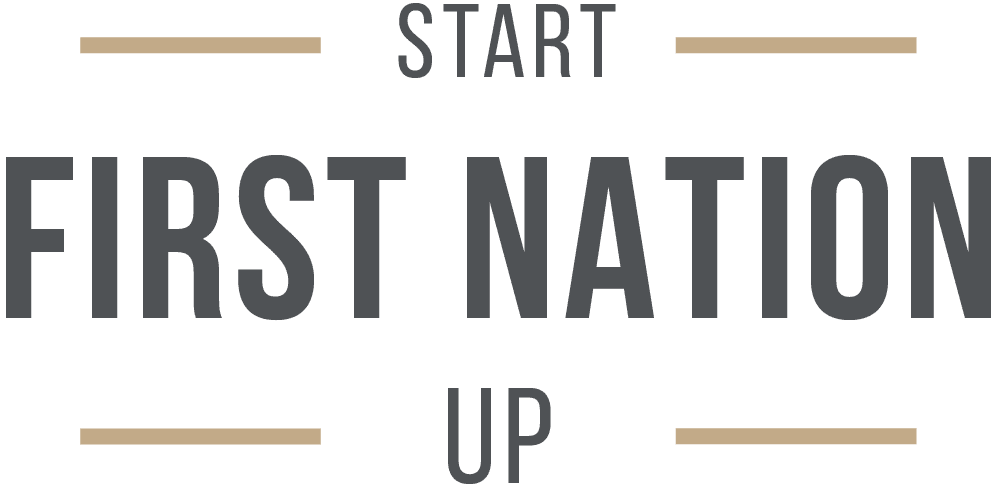Mining, Money and Misinformation: The Gaslighting of Indigenous Businesses in Australia
Australia’s mining industry continues to boast staggering profits year after year, tens of billions of dollars funnelled into multinational funds from land that belongs, in spirit and sovereignty, to the First Peoples of this continent. And yet, when the dust settles and the trucks roll out, what’s left for the communities whose lands are being mined? The answer is as clear as it is appalling: crumbs.
Mining Profits vs. Community Investment
To put it bluntly, the disparity between what mining companies earn and what they return to Indigenous communities is a national disgrace. In FY2023, BHP reported a net profit of over $13 billion. Rio Tinto, $12.4 billion. Fortescue, $5.5 billion. These figures represent the extraction of wealth from lands that have been cared for by First Nations people for millennia. Yet Indigenous communities continue to battle with underfunded services, unemployment, and economic exclusion.
Despite public relations campaigns and pretty reconciliation statements, most mining companies still do not engage in meaningful or sustained relationships with Indigenous businesses. At best, we see performative partnerships or short-term contracts that tend to be awarded to “black cladded” businesses, companies that are Indigenous by certification, but not in leadership, ownership, or cultural values.
The Hollow Promise of Indigenous Procurement Policy (IPP)
Introduced to improve outcomes for Indigenous enterprises, the Indigenous Procurement Policy (IPP) was meant to be a tool of economic empowerment. In practice, however, it has become a loophole for corporate convenience.
Mining companies and major industries routinely contract so-called "Indigenous" suppliers that are either joint ventures with non-Indigenous companies or entities with minimal Indigenous involvement. This strategic misrepresentation commonly known as black cladding continues to go under the raider and unchecked, despite years of community outcry and case studies exposing the fraud.
Rather than close the economic gap, the IPP in its current form is enabling another form of exploitation: tokenistic partnerships used to tick boxes while diverting millions away from genuinely Indigenous-owned and operated businesses.
The Role of the Largest Indigenous Business Directory: An Enabler of Injustice?
And then there’s Australia's largest Indigenous business directory and certifying body. While its intent may have once been genuine, today it plays a troubling role in legitimising many of these black-cladded entities. Businesses gain certification based on technical eligibility rather than cultural legitimacy or economic integrity. The result is a marketplace where a large number of non-Indigenous interests hide behind Indigenous fronts, and authentic operators are pushed to the margins.
This national certifier's failure to police or audit the depth of Indigenous control in its certified businesses has effectively institutionalised black cladding, creating a veneer of compliance for corporations to hide behind. Worse, it has provided big industries with the tools to gaslight Indigenous communities, presenting themselves as supporters of Indigenous advancement while reinforcing economic systems that continue to exclude us.
The Economic Gaslighting of Our People
We are told we’re being included. We are told we are being empowered. We are told there’s never been a better time to be an Indigenous business in Australia. And yet, the majority of Indigenous entrepreneurs remain shut out of lucrative supply chains, burdened by bureaucracy, and made to compete against paper-thin partnerships masquerading as Indigenous-led enterprises.
This is not reconciliation. This is not empowerment. This is a system designed to silence dissent with dashboards and data, while communities on the ground see no real change.
What Needs to Change
- Reform The National Indigenous Business Directory: Certification must be based on deep Indigenous ownership, control, and cultural integrity, not just majority shareholding on paper.
- Indigenous Oversight of IPP: Procurement decisions should be reviewed by Indigenous-led panels to ensure authenticity and impact.
- Transparent Reporting by Mining Companies: Public accountability mechanisms must require clear reporting on Indigenous business engagement and the value of contracts awarded to genuine Indigenous enterprises.
- Direct Investment in First Nations Enterprises: Mining companies must be held to account and required to invest directly into the economic futures of the communities they operate in, not just through Native Title agreements, or "Indigenous companies" that are owned by mining companies (this is a common practice), but through supplier development, equity partnerships, and long-term procurement commitments.
- Legal Penalties for Black Cladding: There must be legal consequences for companies engaging in deceptive practices that exploit Indigenous identity for commercial gain.
Stop the Gaslighting, Start the Truth-telling
The mining sector in Australia has profited immensely from the dispossession of Indigenous people. That truth is not new. What is new, and even more insidious, is the way this profit is now hidden behind the language of reconciliation and inclusion, while the economic reality for Indigenous businesses remains bleak.
This is gaslighting on a national scale, and we will not stay silent.
It’s time for truth-telling. It’s time for genuine engagement. And it’s time for the billions taken from our lands to start building something that truly belongs to us.
Let’s be clear.Reconciliation is not justice. It is a process of acknowledgment, not repair. It cannot substitute for the structural change needed to dismantle systems that continue to profit from our dispossession.
And the Indigenous Procurement Policy is not economic reform. It is a policy tool. One that, without integrity and accountability, becomes a shield for exploitation rather than a pathway to self-determination.
Until we centre truth, power, and genuine economic agency in these conversations, Australia will continue to build its wealth on the back of First Nations injustice wrapped in the language of reconciliation but hollow in its impact.
It’s time to stop pretending that inclusion is the same as liberation.
We don’t want a seat at the table built on stolen ground. We want a future built on equity, truth, and Indigenous control.
